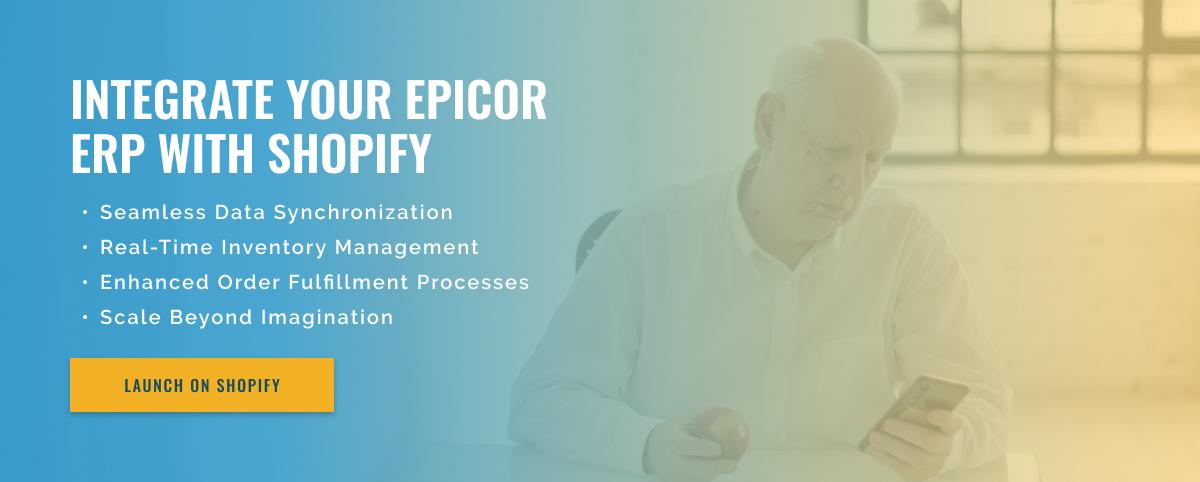3 minute read
Ensuring Shopify and Epicor Grows with Your Business
The Shopify and Epicor integration offers numerous benefits for businesses of all sizes. From streamlining inventory management to automating financial transactions, this integration can significantly improve workflow efficiency. However, as a business grows, it’s vital to ensure that the integration remains scalable to continue reaping these benefits. In this article, we’ll discuss how to ensure the scalability of your Shopify and Epicor integration as your business grows.
1. Regular Review and Maintenance: The first step to ensuring the scalability of your Shopify and Epicor integration is to regularly review and maintain your integration. Both platforms are constantly updating and releasing new features, and it’s critical to keep up with these updates to ensure smooth operation. This includes reviewing and updating any custom code or application used in the integration to ensure compatibility with new updates.
2. Use APIs: Both Shopify and Epicor have APIs that allow for seamless integration between the two platforms. As your business grows, you may need to add new features and functionality to your online store and ERP system. Using APIs allows for easy integration of these features without disrupting the overall integration. It also ensures that the integration remains scalable as your business evolves.
3. Consider outsourcing integration services: If your business is growing rapidly, you may not have the time or resources to maintain and update the integration regularly. In such cases, it is worth outsourcing integration services to a trusted third-party vendor. They have the expertise and experience to handle the integration, allowing you to focus on other areas of your business.
4. Plan for future growth: When setting up the integration between Shopify and Epicor, it is essential to have a growth plan in mind. Consider possible future changes to your business and how they might impact the integration. This helps you make informed decisions and choose scalable solutions from the start, reducing the need for major updates in the future.
5. Test and monitor: Regular testing and monitoring of the integration is crucial to ensure its scalability. This includes testing new updates or features on a smaller scale before rolling them out across the entire integration. It also includes monitoring the integration for any issues or disruptions and addressing them quickly to avoid disruptions.
In conclusion, to ensure the scalability of the Shopify and Epicor integration, businesses should regularly assess and maintain the integration, leverage APIs, consider outsourcing integration services, plan for future growth, and test and monitor the integration regularly. By following these steps, businesses can continue to benefit from a seamless and efficient integration as they grow and evolve.

